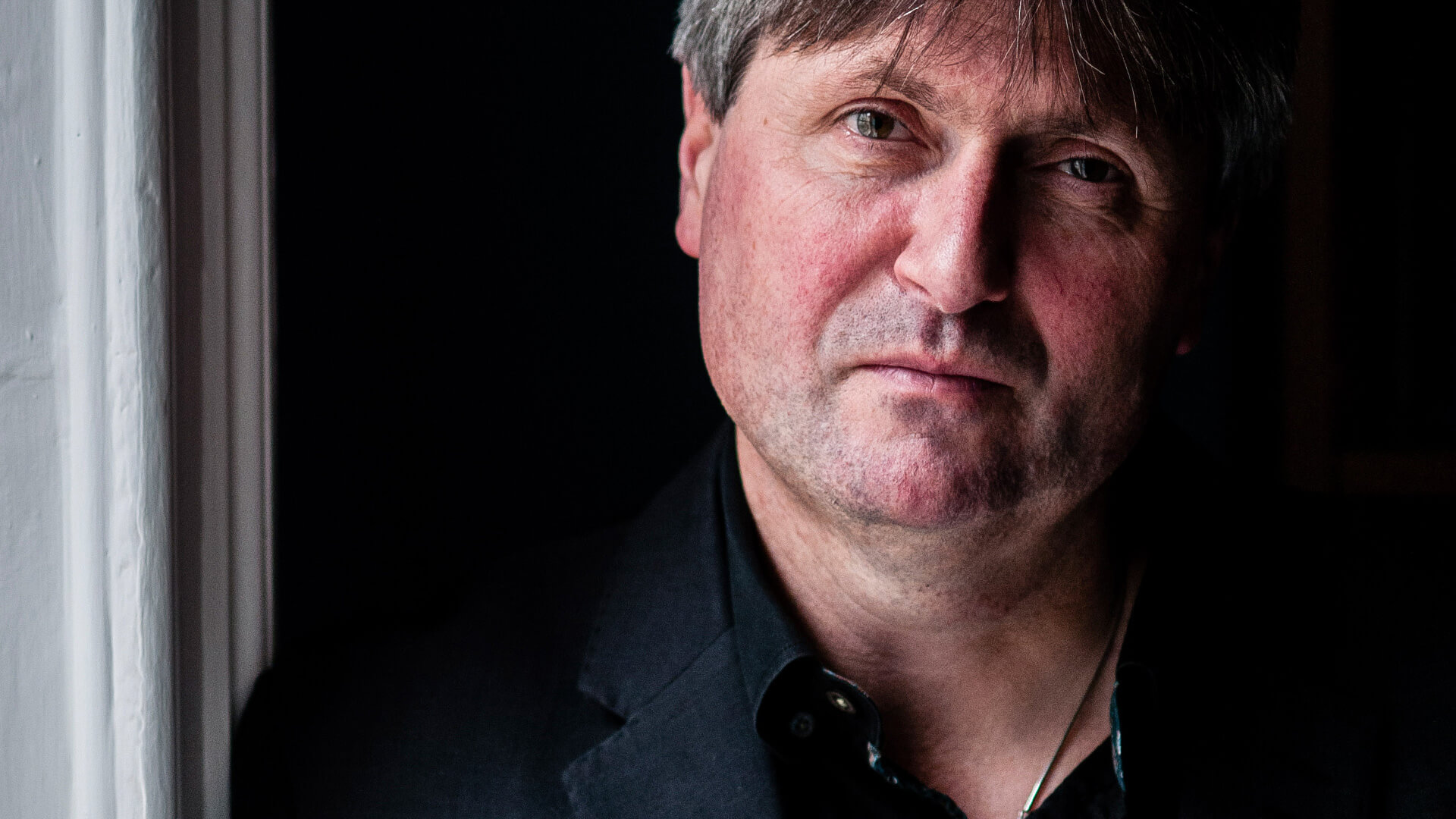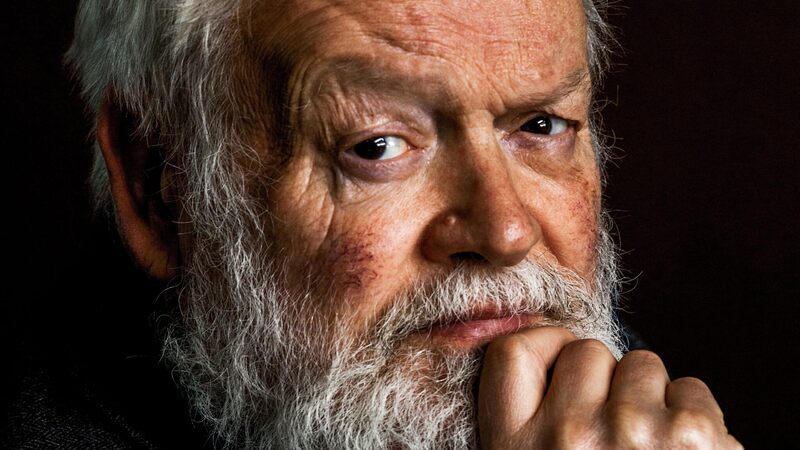You are viewing your 1 free article this month. Login to read more articles.
‘Wide-ranging chorus of voices’ longlisted for the Laurel Prize
Zaffar Kunial, Jorie Graham, Jodie Hollander, Don Paterson and Sharon Olds are among poets to have been longlisted for UK Poet Laureate Simon Armitage’s global nature and ecopoetry prize, The Laurel Prize.
The prize is funded by Armitage’s Laureate’s honorarium, which he receives annually from the King, and is run by the Poetry School. It is awarded to the best collection of environmental or nature poetry published that year. The prize has been judged this year by the poets Pascale Petit (chair), Nick Laird and journalist and presenter Reeta Chakrabarti.
Kunial’s England’s Green (Faber & Faber) is up against Graham’s To 2040 (Carcanet Press), Hollander’s Nocturne (Pavilion Poetry), Paterson’s The Arctic (Faber & Faber) and Olds’ Balladz (Jonathan Cape), while Jane Clarke is also in contention for A Change in the Air (Bloodaxe Books), Rishi Dastidar for Neptune’s Projects (Nine Arches Press) and Liza Katz Duncan for Given (Autumn House Press).
The full longlist can be found below. The prize awards £5,000 (1st prize), £2,000 (2nd prize), and £1,000 (3rd prize), and there is also a £500 award for each of the Best First Collection UK and Best International First Collection. In addition, each of the winners will receive a commission from the AONB (Areas of Outstanding Natural Beauty) to create a poem based on their favourite landscape.
A Prize Ceremony and day of poetry readings and workshops will be a part of this year’s BBC Contains Strong Language festival in Leeds on Friday 22nd September 2023. Simon Armitage described the longlist as “a world-wide and world-class selection of books reflecting poetry’s global response to the planet’s precarious environmental situation.”
Pascale Petit commented: “Reading the entries for this year’s Laurel Prize was an intense and immersive experience – so many poets are writing about the ecological crisis now. Our longlist of 20 reveals a wide-ranging chorus of voices, poems witnessing climate change globally – in the Caribbean, in Canada, at an oil well in Kuwait, from an activist’s prison cell, in a pub called The Arctic, on an Irish farm, an English cricket field, and in a visionary future. These passionate collections offer us hope and renew our faith in the survival of our glorious planet.”
Sally Carruthers, director of the Poetry School, said: “As we experience a summer where Rhodes burns and the UK lies under a heavy veil of cloud and rain, surely there is no one who can doubt climate crisis and its impact on the world around us. These collections form a longlist replete with breath-stopping horror, transcendent beauty, the magic and transformative nature of our ecosystems, and the intricate relationships of every living thing from the simplest amoeba to the complexity and majesty of giant forests, animals, and birds. Only through poetry can we truly understand what we have, and envisage what we will lose should we not take dramatic and immediate steps to halt this tidal wave of crisis now.”
Longlisted for the 2023 Laurel Prize are:
- Jane Clarke A Change in the Air (Bloodaxe Books)
- Rishi Dastidar Neptune’s Projects (Nine Arches Press)
- Liza Katz Duncan Given (Autumn House Press)
- Jorie Graham To 2040 (Carcanet Press)
- Jodie Hollander Nocturne (Pavilion Poetry)
- Matthew Hollis Earth House (Bloodaxe Books)
- Holly Hopkins The English Summer (Penned in The Margins)
- Kris Johnson Ghost River (Bloodaxe Books)
- Zaffar Kunial England’s Green (Faber & Faber)
- Michael Longley The Slain Birds (Jonathan Cape)
- Anne Haven McDonnell Breath on a Coal (Middle Creek Publishing)
- Emma Must The Ballad of Yellow Wednesday (Valley Press)
- Sharon Olds Balladz (Jonathan Cape)
- Don Paterson The Arctic (Faber & Faber)
- Geoffrey Philp Archipelagos (Peepal Tree Press)
- Alycia Pirmohamed Another Way to Split Water (Birlinn Ltd)
- Yvonne Reddick Burning Season (Bloodaxe Books)
- Mark Roper Beyond Stillness (The Dedalus Press)
- Grace Wells The Church of the Love of the World (The Dedalus Press)
- Luke Samuel Yates Dynamo (The Poetry Business)
















